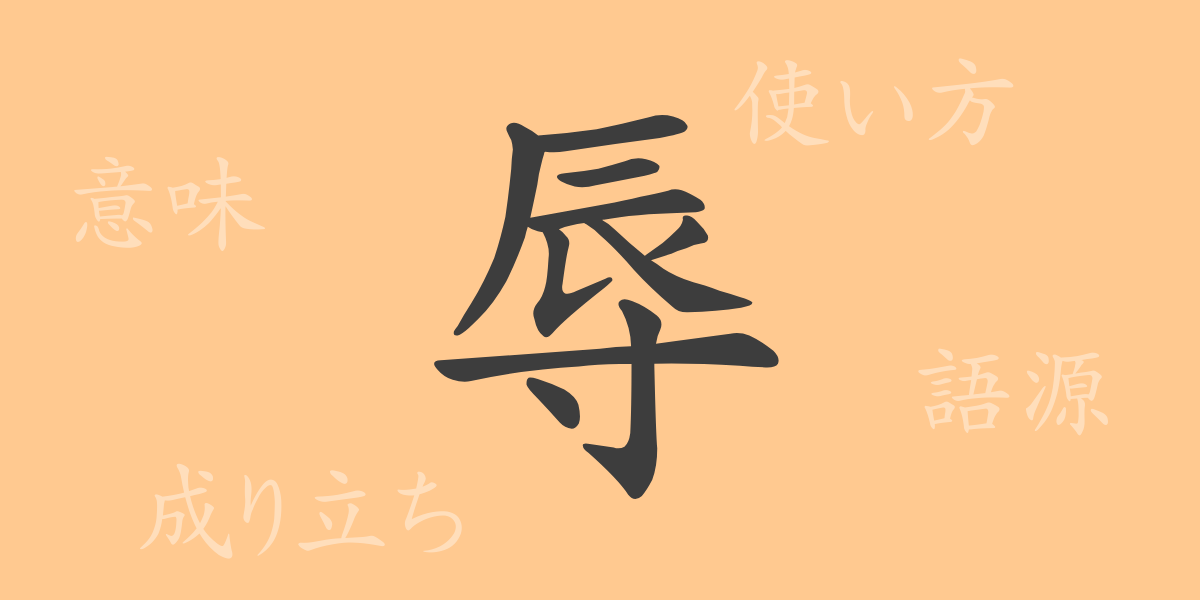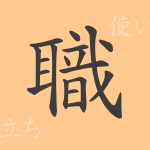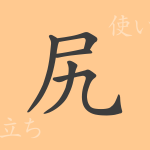The richness of the Japanese language is epitomized by its extensive array of Kanji, each bearing its own unique history and meaning. In this article, we delve into the Kanji ‘辱’ (ジョク), exploring its origins, contemporary usage, and its profound implications within Japanese culture. Understanding the powerful connotations of ‘辱’ can refine our choice of words and deepen our appreciation of the language.
Origins of 辱 (ジョク)
The Kanji ‘辱’ traces back to ancient Chinese scripts, initially representing the act of measuring time by hand, combining ‘辰’ (time) and ‘寸’ (part of the hand). Over time, its meaning evolved dramatically to signify causing shame or humiliation, reflecting its current negative connotations.
Meaning and Usage of 辱
Today, ‘辱’ is commonly associated with words like ‘恥辱’ (shame) and ‘屈辱’ (humiliation), referring to actions or emotions that damage a person’s dignity. Depending on the context, it can also describe situations that undermine self-esteem or acts of degradation.
Pronunciation, Stroke Count, and Radical of 辱
The Kanji ‘辱’ is an integral part of the Japanese lexicon, characterized by:
- Readings: On’yomi (オンよみ) ‘ジョク’, Kun’yomi (クンよみ) ‘はずかしめる’
- Stroke Count: 10
- Radical: 辰部 (しんぶ)
Phrases, Idioms, and Proverbs Involving 辱
‘辱’ features in various idioms and proverbs, often carrying a strong emotional undertone:
- 恥辱にまみれる (ちじょくにまみれる ‐ Covered in shame): To be in a state of deep shame.
- 名誉毀損 (めいよきそん – Defamation): An act that damages someone’s honor.
Conclusion on 辱
Each Kanji, including ‘辱’, carries a deep historical and cultural backdrop, essential for expressing the nuances of the Japanese language. Through this exploration, we’ve reacquainted ourselves with the gravity of ‘辱’ and the importance of context when employing this profound character.

























